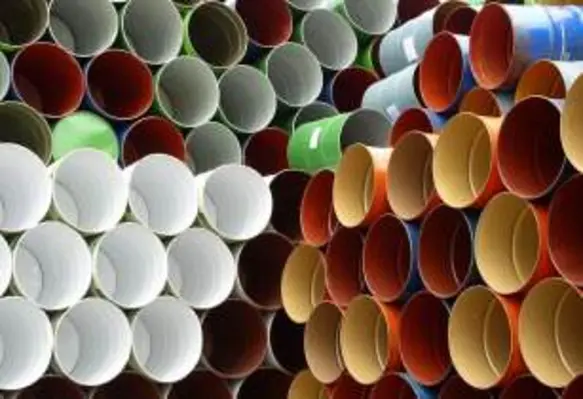OPEC’s oil output has risen to 32.82mn bpd in June 2016, highest in recent history as Nigeria’s oil industry partially recovered from militant attacks and Iran and Gulf state members boosted supplies
According to Reuters, supply from the OPEC has risen from a revised 32.57mn bpd in May, the survey based on shipping data and information from industry sources found.
That June output figure would be less than the average demand OPEC expects for its crude in Q3, suggesting demand could exceed supply in coming months if OPEC does not pump more than current levels.
“We could see a slight supply deficit – it depends on further development of unplanned outages,” said Carsten Fritsch, analyst at Commerbank in Frankfurt.
OPEC’s June output exceeds January’s 32.65mn bpd, when Indonesia’s return as an OPEC member boosted production and output from the other 12 members, starting in 1997.
Supply has surged since OPEC abandoned in 2014 its historic role of cutting supply to prop up prices.
The biggest increase in June of 150,000 bpd came from Nigeria, where output had fallen to its lowest in more than 20 years due to militant attacks on oil facilities, due to repairs and a lack of major new attacks since mid-June.
Iran managed a further supply increase after the lifting of Western sanctions in January, sources in the survey said, although the pace of growth is slowing.
Saudi Arabia and the UAE increased supply by 50,000 bpd each and Saudi Arabia’s output edged up to 10.3mn bpd due to higher crude use in power plants to meet air-conditioning needs. “Exports are fairly flat, refinery runs are flat and crude direct burn is up, so directionally supply is up from May,” said an industry source who monitors Saudi Arabian output.
Libyan output rose by 40,000 bpd after the reopening in late May of the Marsa al Hariga export terminal. Supply is still a fraction of the pre-conflict rate.
Among countries with declining supply, Iraq pumped less for a second month. Exports in the south of the country have been trimmed by maintenance work, power cuts and higher domestic demand, Iraqi officials say.
Also, Venezuela’s supply is under downward pressure from its cash crunch.






